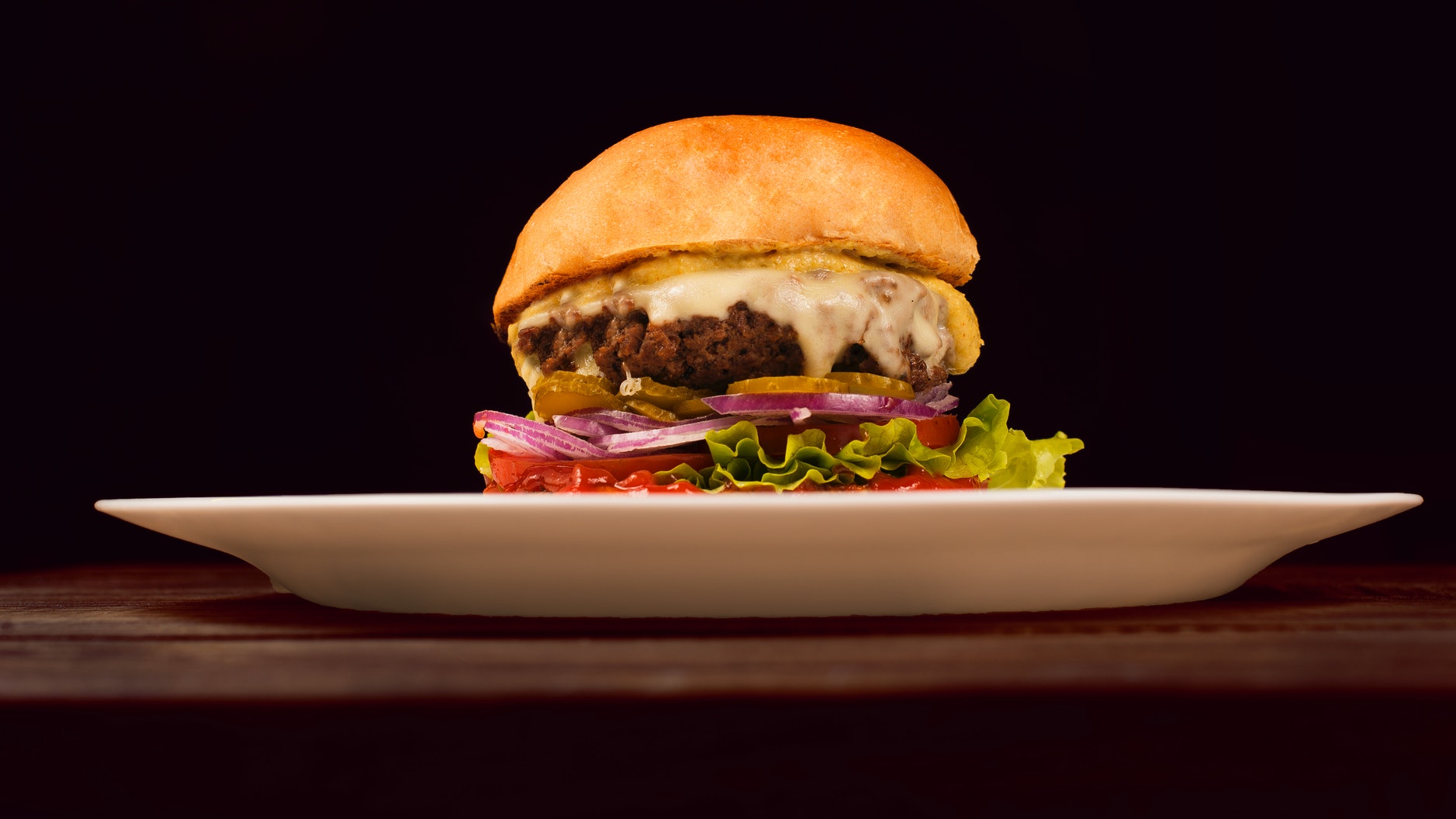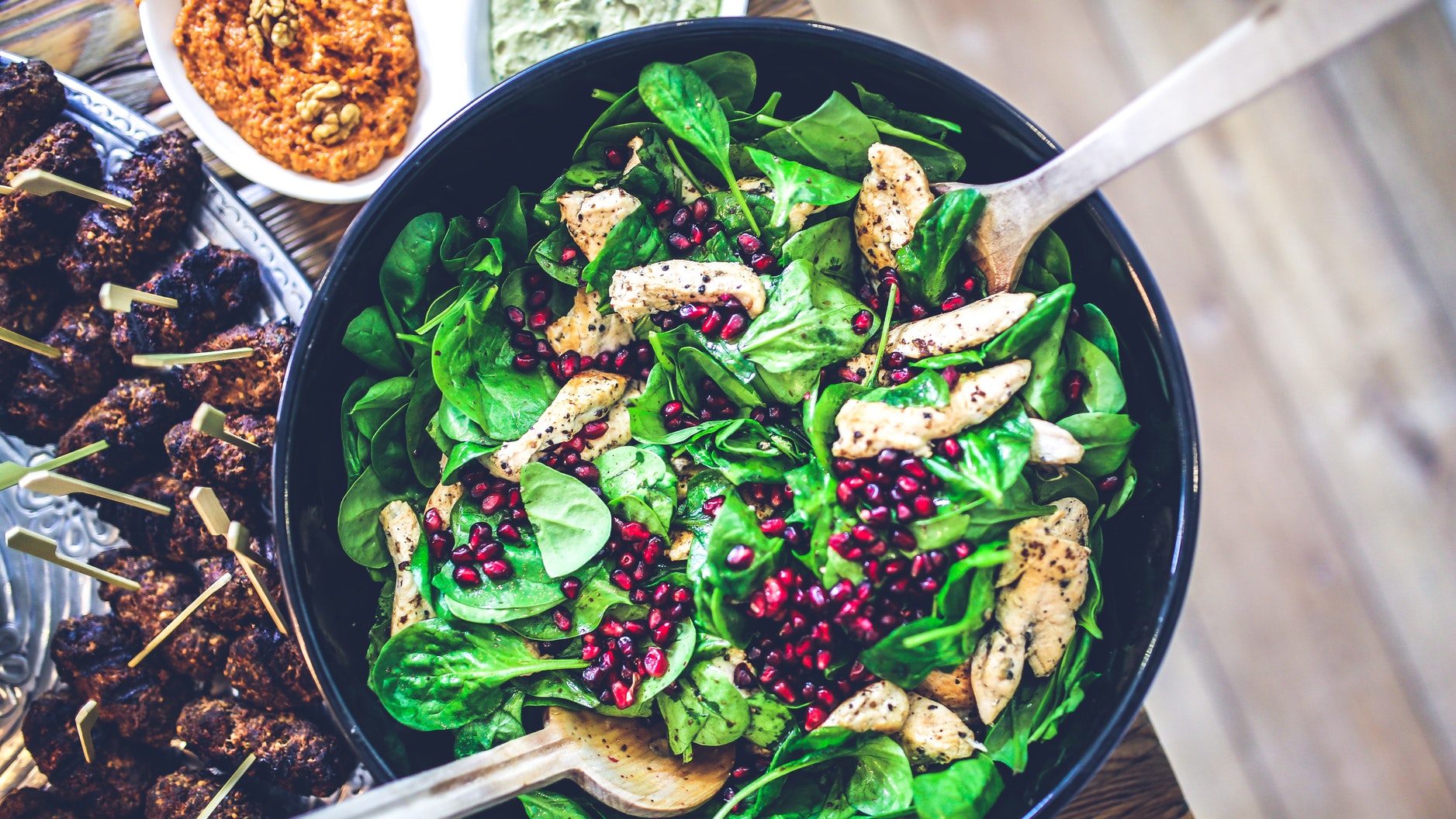A 30-day diet plan that is designed to change your eating habits and how you view food, the Whole30 Diet may seem like just another diet fad. Is it worth the try?
What is the Whole30 Diet
The Whole30 diet is a 30-day program that focuses on helping people learn how to make healthy food choices. As a follower of the Whole30 diet, all you have to do is religiously follow the Whole30 rules for 30 consecutive days. There’s no room for slip-ups; there are no cheat days; there are no exceptions for special occasions.
As the diet’s name implies, you will be eating mostly whole foods on the Whole30 diet. During these 30 days, you won’t have to keep track of your weight and calorie intake. As long as you stick to the rules, which they claim is “grounded in science,” you will lose weight. While 100% compliance is required, the Whole30 diet is “not a hazing or boot camp,” as stated on the company’s website.
The Whole30 diet is an elimination diet – an approach used by doctors since the 1920s to help identify food sensitivities. The goal is to accurately test the body’s response to the absence of potentially problematic foods by completely eliminating them. With the Whole30 diet, you will be resetting your body’s food conditioning, so to speak, by eliminating specific foods for 30 straight days. Any slip-up, no matter how small, such as a sip of beer or a single bite of cake, will break this reset process.
“You must commit to the full program, exactly as written, 100% for the full 30 days. Anything less and you won’t experience the full benefits the program has to offer. Anything less and you are selling yourself—and your life-changing results—short. It’s only 30 days.” (Whole30 program rules, as stated on their website.)
The Whole30 Diet Dos and Don’ts
Dos
The Whole30 diet mostly consists of whole foods and foods with whole ingredients.
- Meat
- Seafood
- Eggs
- Fruits
- Vegetables
- Natural fats
- Herbs, spices, and seasonings.
- Ghee or clarified butter, as the only source of dairy allowed
- Fruit juice, taken plain or used as a natural sweetener
- Certain legumes, or only green beans and most peas
- Vinegar that is not malt-based (which contain gluten), such as apple cider, balsamic, rice, red wine, and white
- Alcohol-based botanical extracts, such as lavender, lemon, and vanilla
- All coconut amino products, to be used as a naturally fermented substitute for soy sauce
Don’ts
The following should be completely avoided for the whole 30 days of your Whole30 diet.
- Added sugar, both natural and artificial; the exception is salt, which actually contains some sugar to prevent oxidation.
- Grains, on their own and as added ingredients to food
- Most legumes, which include beans, peanuts, and all forms of soy
- All kinds of dairy products, except for ghee and lard
- Alcoholic beverages, even in cooking
- Any product with MSG, carrageenan, or sulfites
- Baked goods and sweet treats, even if recreated with ingredients that are technically compliant with the Whole30 diet
- Stepping on the scale or taking any body measurements; photos and/or measurements can be taken on days 0 and 31 to help you assess your progress
The Whole30 diet focuses on more than just weight loss. It’s about learning new eating habits and conditioning your physiological, psychological, and emotional response to food. The focus should be on developing lifelong healthy habits, instead of on body composition in terms of the numbers on the scale and tape measure.
The Whole30 diet is about taking on a life-changing month, with no falling off the wagon, slipping up, or cheating for any reason at all, no matter how justified. There is no room for error or excuses. Commitment to the program needs to be 100% for 30 days straight.
As also stated on the website’s Whole30 primer:
This is not hard. Fighting cancer is hard. Birthing a baby is hard. Losing a parent is hard. Drinking your coffee black. Is. Not. Hard. You have done harder things than this. It’s only thirty days, and it’s for the most important health cause on earth—the only physical body you will ever have in this lifetime. Hear me now: The Whole30 is exactly as hard as you decide it’s going to be, so repeat after me: “This is not hard.”
The program provides tools, advice, and resources to help Whole30 dieters successfully complete the program, but it also enforces responsibility and accountability in order to ensure that improved health habits are adopted as a conscious and determined choice.
There are Whole30 approved shopping lists, meal plans, and recipes, as well as books and food products that carry the Whole30 label. Coaching and podcasts are just a few support methods available to the Whole30 diet followers. Whole30 restaurants and meal delivery services are also available in certain areas.
Image source: Whole30 website
The Whole30 Diet – Expert Reviews
While the Whole30 diet claims to focus on whole foods, it does exclude certain important food groups, such as legumes. According to the author of Read it Before You Eat It – Taking You from Label to Table, Bonnie Taub-Dix, RDN, the diet’s 30-day limit and extreme food restrictions make it unsustainable, especially after the 30 days have been completed.
In an interview, she states that, “The word ‘diet’ means way of life, and you’re not supposed to be changing your life for your diet for whatever period, you’re supposed to change your diet for your life.” Although extreme food restrictions can lead to weight loss and other temporary benefits for those looking to change their eating habits, they can be harmful in the long run, especially when the 30 days are up and you’re forced to figure out how you’re going to eat moving forward; it can be unsustainable.” (Source: Womansday.com)
Registered dietitians, academics, and medical doctors also find Whole30 unsustainable and potentially unhealthy because of its food restrictions and the high levels of cholesterol and sodium it allows.
Melissa Hartwig, Whole30’s co-creator, points out, however, that the diet’s protein recommendations are consistent with FDA recommendations and that the nutrients from the temporarily restricted foods can also be found in some of the foods allowed in the diet.
The Whole30 Diet – Final Thoughts
The success of a diet program usually depends on whether or not it employs drastic restrictions, sets realistic goals, and effectively promotes healthy lifestyle changes. Any sort of progress achieved in 30 days is good, but this progress needs to be sustained long after the program has been completed.
The purpose of the 30-day program is to show followers that the benefits of healthy food choices outweigh the initial difficulties of ignoring cravings and temptations, and to recondition the body, mind, and emotions with regards to food response. However, the 30 days may be too short a period for some people to actually develop lifelong healthy behaviors.
The weight lost over the 30-day period can be easily gained back once the program has been completed mostly because the food restrictions are difficult to maintain, and the effect of this weight gain on the body, mind, and emotions can completely counteract whatever positive reconditioning was achieved.
If you believe that all you need are 30 days to change your unhealthy diet and that you can keep moving forward on the same path of healthy eating past the 30-day program, then you should give the Whole30 diet a go.



